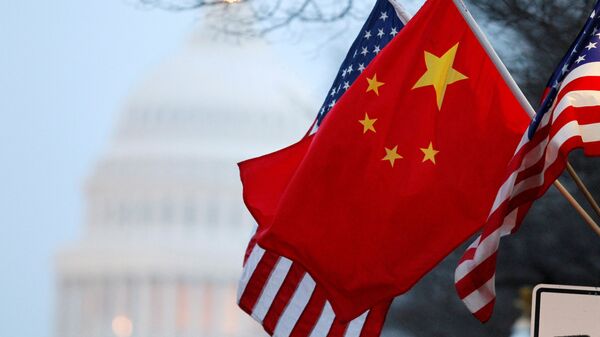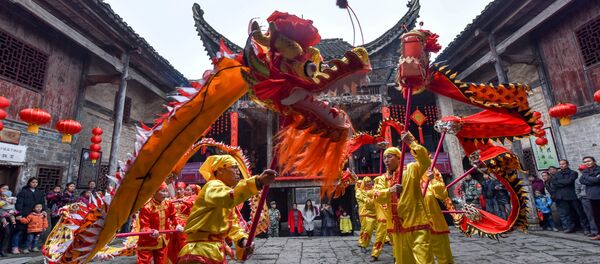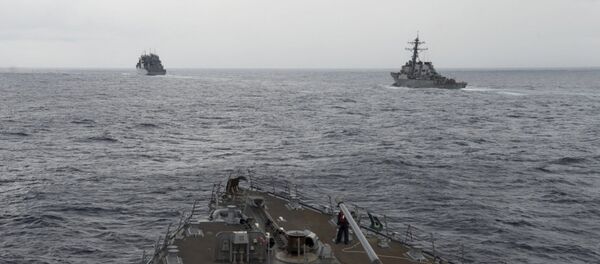Perhaps the reason behind that is because Trump hasn’t yet decided what exactly he will say to the Chinese president.
“Possibly Trump has not yet decided what exactly to say to the Chinese President over the phone because previously he had already said so much. For example, he already managed to express his opinion about the ‘One China’ policy, the south china sea issue, trade war and other topics. He decided to take on more ‘light’ topics, leaving ‘difficult’ ones for later,” Wang said.
According to the expert, the recent message of Trump to his Chinese counterpart may have come as compensation for not wishing the Chinese president with the New Year. However, Trump is the only one so far who congratulated Xi Jinping with the Chinese lantern festival.
“Is it not wonderful that the US president has sent greetings for the Lantern Festival? This holiday is also very important for China as it marks the end of the Spring Festival [New Year by the lunar calendar],” Wang said.
“Moreover, Trump’s greeting has a unique characteristic. After all, during the Spring Festival, China was congratulated by many but for the Lantern Festival only Trump has extended his wishes,” the expert pointed out.
According to the expert, during World War II, China and the US were in the same boat together against the Nazis in the South China Sea.
“At present, controversy regarding ownership of the islands has emerged due to the separation of the two banks. If there was no ‘Taiwan issue’, there would be no issue in the South China Sea,” Wang said.
“We have repeatedly stressed that we do not want a conflict between China and the United States. We are all in the same boat, we have to work together to maintain stable and peaceful environment in the South China Sea,” Wang said.
According to the expert, the task of mutual cooperation falls within the responsibilities of both sides.
“China is grateful to the US for assistance during World War II, including for participation in the ‘Flying Tigers’ squadron, the creation of a land corridor through Myanmar and for returning sovereignty over the Spratly Islands (Nansha),” the expert said recalling the events of WWII.
Never miss a story again — sign up to our Telegram channel and we'll keep you up to speed!






